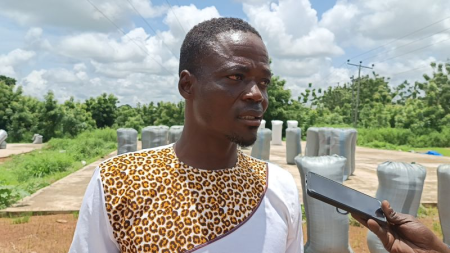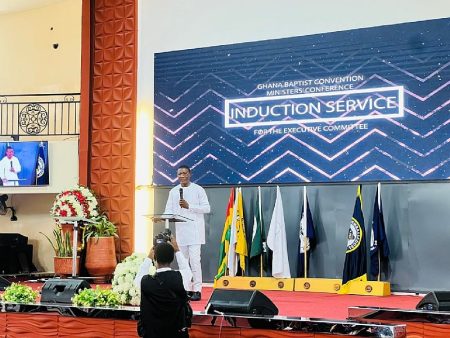The southeastern Iranian province of Sistan-Baluchistan has once again become a battleground, with Iranian forces launching a series of operations against militant groups. In a recent raid spanning the cities of Iranshahr, Khash, and Saravan, 13 militants were killed and several others apprehended. State media reported that some of the deceased were suspected of involvement in a deadly ambush that claimed the lives of five policemen in Iranshahr just days prior. This incident is the latest in a string of violent clashes that have plagued the region, highlighting the persistent security challenges faced by the Iranian government.
Sistan-Baluchistan, bordering both Pakistan and Afghanistan, has long been a volatile region, serving as a hub for various armed groups, including drug traffickers and separatists. The province’s predominantly Sunni Muslim Baluch population stands in contrast to the Shiite majority in Iran, adding a religious dimension to the existing socio-economic and political tensions. This complex interplay of factors creates a fertile ground for conflict, often exacerbated by cross-border movements and the influence of external actors. The Sunni jihadist group Jaish al-Adl (Army of Justice) has claimed responsibility for the recent ambush on police officers, further underscoring the presence of extremist elements in the region.
The Iranian government has consistently attributed the recurring attacks in Sistan-Baluchistan to Sunni militant groups, including Jaish al-Adl. These groups are often accused of having links to foreign entities, further complicating the security landscape. Just days before the latest raid, Iranian forces neutralized six other militants in the province, alleging their affiliation with a group linked to Israel. These repeated clashes illustrate the ongoing struggle between Iranian authorities and armed groups, with both sides engaging in escalating violence. The cycle of attacks and counter-attacks contributes to a climate of instability and insecurity, impacting the lives of civilians caught in the crossfire.
The recent surge in violence in Sistan-Baluchistan raises concerns about the potential for further escalation and the spillover effects into neighboring countries. The porous borders with Pakistan and Afghanistan make it challenging to control the movement of militants and illicit goods, creating a breeding ground for instability. Addressing the root causes of the conflict, including the socio-economic grievances of the Baluch population, is crucial for achieving long-term peace and security in the region. This involves promoting economic development, addressing issues of marginalization, and fostering dialogue between the government and local communities.
The Iranian government’s response to the security challenges in Sistan-Baluchistan has primarily focused on military operations, aiming to dismantle militant networks and restore order. However, a solely security-driven approach is unlikely to resolve the underlying issues that fuel the conflict. A comprehensive strategy that combines security measures with political and economic initiatives is essential for addressing the complex dynamics of the region. This includes strengthening border security, improving intelligence gathering, and fostering cooperation with neighboring countries to counter cross-border movements of militants and illicit goods.
Furthermore, addressing the socio-economic disparities that contribute to resentment and radicalization is paramount. Investing in development projects, improving access to education and healthcare, and creating employment opportunities can empower local communities and reduce their vulnerability to recruitment by extremist groups. Engaging in dialogue with local leaders and addressing their concerns can also foster a sense of inclusion and reduce the appeal of separatist movements. A multi-faceted approach that tackles both the security and developmental aspects of the conflict is crucial for achieving lasting peace and stability in Sistan-Baluchistan. The international community also has a role to play in supporting these efforts, providing assistance for development initiatives and promoting dialogue between the Iranian government and the Baluch community. A concerted effort from all stakeholders is necessary to address the root causes of the conflict and prevent further violence in this volatile region.














